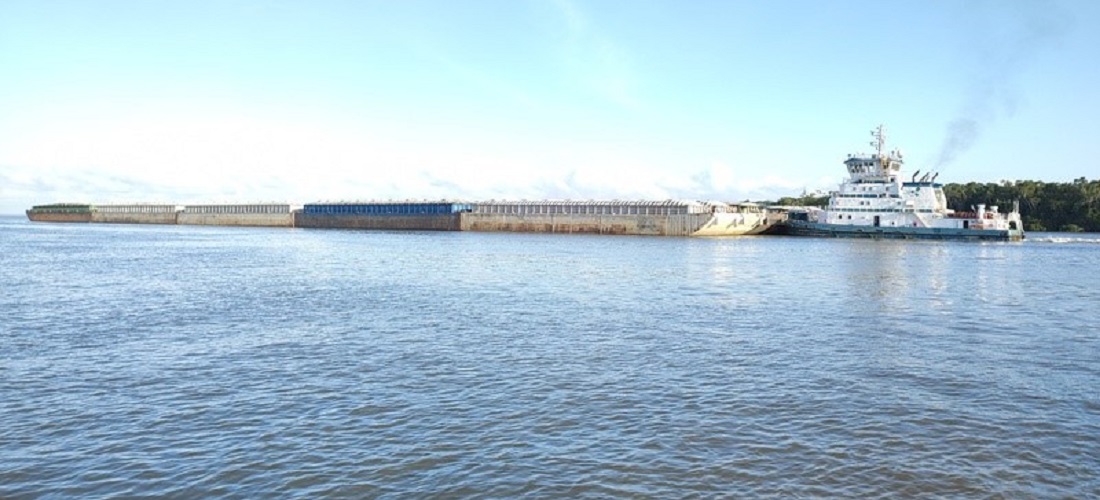
ANTAQ Leaders Highlight Benefits of Waterway Concessions at Norte Export 2024
Jul, 23, 2024 Posted by Gabriel MalheirosWeek 202430
Eduardo Nery, the General Director of the National Waterway Transport Agency (ANTAQ), and Director Wilson Lima Filho emphasized the advantages of waterway concessions during their participation at Norte Export 2024, an event organized by Brasil Export. Their speeches on Monday night (22nd) highlighted key developments and benefits in the waterway sector.
In his opening remarks, Nery outlined six priority waterway projects currently being undertaken by ANTAQ. He noted that the Rio Madeira project, which is under review by the Ministry of Ports and Airports, is expected to open for public hearing soon.
Other waterways, including the Paraguay, Lagoa Mirim, and Barra Norte rivers, are in the study phase. Additionally, Nery announced the commencement of studies for the Tocantins River Waterway on the same day. The Tapajós River project is also a priority, with study announcements anticipated later this month.
Meanwhile, Director Wilson Lima Filho participated in the panel discussion titled “Development of Water Transport Connections in the North Region and Good Initiatives with Efficiency Gains in Port Operations.” He emphasized the critical role of concessions in expanding Brazil’s waterway network.
Benefits of Concessions
Nery underscored the logistical improvements that waterway concessions will bring to Brazil. He stated, “Today, a high price is paid for the inefficiency of existing waterways. Due to the lack of dredging, marking, and adequate signage, cargo carriers cannot travel at night, for example.”
Director Lima Filho reinforced the idea that concessions are key to increasing the number of operational waterways in Brazil. He cited the publication of the General Grants Plan (PGO) at the end of last year as a significant step toward this goal.
Lima Filho also highlighted several benefits of waterway concessions, including:
- Job and income generation
- Freight cost reduction
- Improved grain logistics
- Increased logistics corridors
- Enhanced logistical efficiency
- Reduced carbon emissions, noting that waterways are up to five times less polluting than highways
-
Sugar and Ethanol
Jun, 27, 2023
0
Brazil sugar production meets market expectations in early June
-
Meat
Oct, 04, 2021
0
Revenue from chicken meat exports grows by 54% in September
-
Grains
Nov, 12, 2020
0
Brazilian rice exports grew 84% in October
-
Economy
Mar, 17, 2023
0
Paraguay records over US$2.2 billion in exports in February 2023

